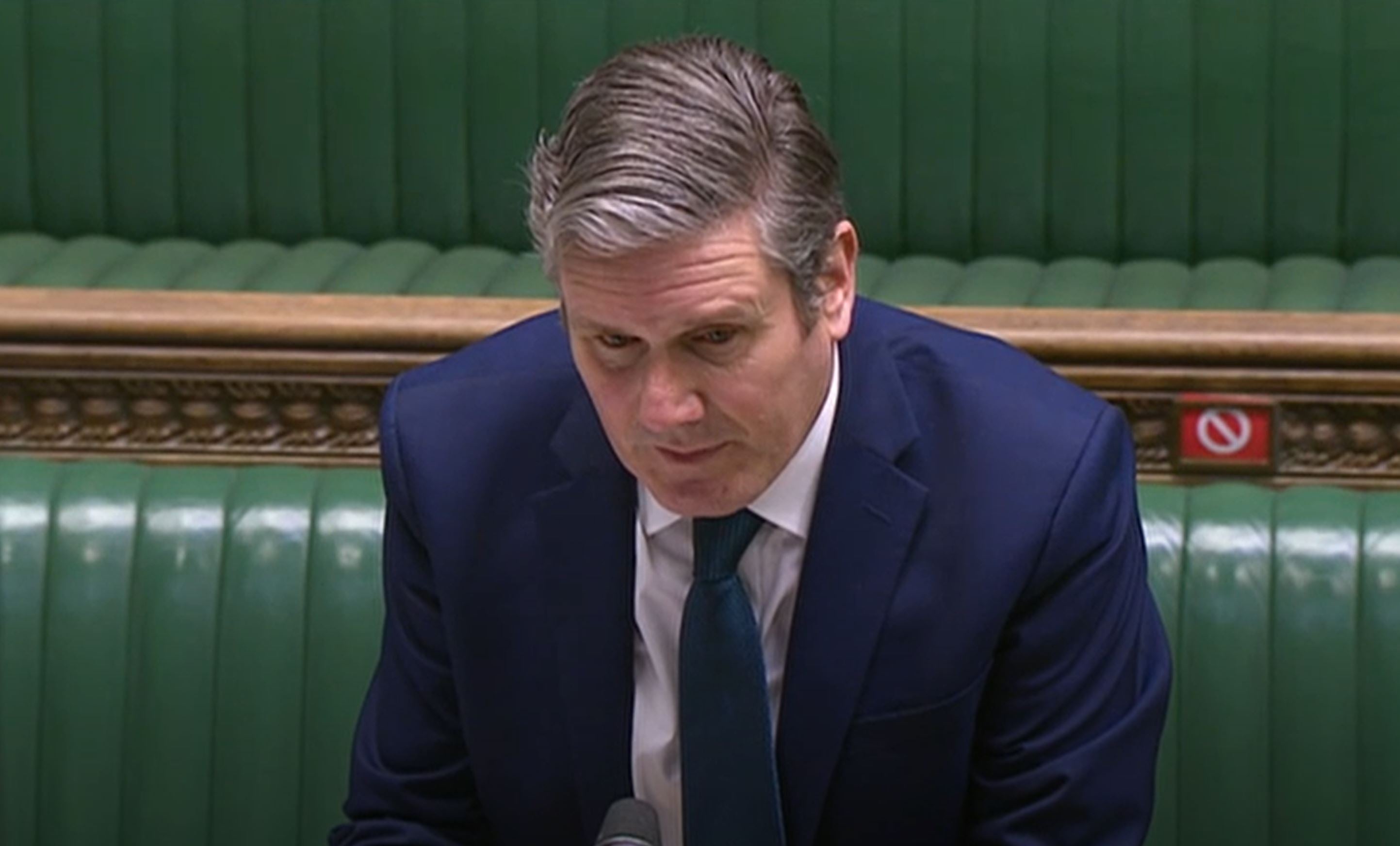Electoral reform is never going to be a ‘priority’ for the Labour Party
Pressure is growing for Labour to support proportional representation. John Rentoul argues that the party risks repeating past mistakes


I don’t know whether Keir Starmer ought to be pleased that Momentum is obsessed with electoral reform because the issue distracts them from advocating policies that are even more likely to put voters off, or dismayed because it shows how far Labour members are from winning.
His predecessor’s fan club has balloted its members to ask them which policies it should promote at Labour’s annual conference in Brighton in September, and in second place came a motion for proportional representation. Arrange the words religion, language, socialism, priorities and Nye Bevan in any order you like, and they don’t add up to proportional representation.
Where to start with what a bad idea this is? Let us start by assuming for the purposes of argument that proportional representation is a really good idea – or, at least, that it is democratic and right. The first thing to notice about it is that it is not going to happen unless a government legislates for it.
The next question to ask is whether adopting the policy would help to get a party elected. We can be fairly safe in assuming that the answer to this question is no, because the Liberal Democrats are not in government, and neither of the two large parties has adopted the policy recently.
This is related to the question of winning a referendum, because that precedent has been set and it didn’t go well. The 2011 referendum was on the alternative vote (AV), by which voters number candidates in order of preference, rather than a proportional system. But there is no evidence that a full-fat proportional system would have done any better than the semi-skimmed reform that was offered.
The problem is that, although voters might tell pollsters they agree that parties’ seats in parliament should reflect their share of the vote, they don’t care much, and when it comes to a referendum campaign they are more likely to agree with a poster saying: “She needs a maternity unit, not an alternative voting system.”
So until Momentum can persuade the wider electorate that proportional representation is the route to a better health service, it risks diverting itself and the Labour Party into a dead end. And the organisation deserves credit for trying to make the case. The motion that it wants to take to the annual conference argues: “In 19 of the last 20 general elections, parties to the left of the Conservatives won the popular vote, yet the Tories have governed for almost two-thirds of that time.”
Read more:
In other words, a proportional outcome would have resulted in more left-wing coalition governments and therefore better maternity units.
This is, however, the “anti-Tory majority” fallacy, which fell at its first fence in 2010. When that election produced the kind of hung parliament that proportional representation would produce all the time, it turned out that the Liberal Democrats weren’t part of an anti-Tory majority after all, but part of an anti-Labour one.
Indeed, I fear that Labour has forgotten the recent history of attempts at electoral reform in Britain and is therefore condemned to the same cycle of complaining about the unfairness of life. In 1987, a young Labour frontbencher called Tony Blair wrote an article for the New Statesman about the fashionable calls for the party to adopt proportional representation after its third defeat: “The real question for the Labour Party is why it is not achieving sufficient electoral support. It must face this question irrespective of whether we retain the present electoral system or change it, whether we stand for election alone or in a pact. The campaign for PR is just the latest excuse for avoiding decisive choices about the party’s future.”
When he led the party back to power 10 years later, it was committed to holding a referendum on changing to a proportional system. Roy Jenkins, the Great Pooh-Bah of the Lib Dems, as Paddy Ashdown called him, was summoned to devise the perfect system. He came up with something called AV-plus, similar to the system now used in Scotland, which Alex Salmond has revealed can be manipulated to produce a disproportionate outcome in favour of supporters of independence. Blair couldn’t get the legislation for a referendum through the Commons, even with a majority of 179, and so he didn’t even try.
It was only after the 2010 election that Cameron was able to bounce a power-hungry Conservative Party into voting for a referendum on the minimal reform of AV (without the plus, which was the proportional bit), which Nick Clegg and Ed Miliband then lost.
Until Momentum has a plan to get the legislation through the Commons and then win a referendum, or to impose a voting system – as yet unspecified – on the British people without a referendum, it seems doomed to repeat the mistakes of the past.
Is proportional representation really anybody’s priority? I don’t think so.
Join our commenting forum
Join thought-provoking conversations, follow other Independent readers and see their replies
Comments